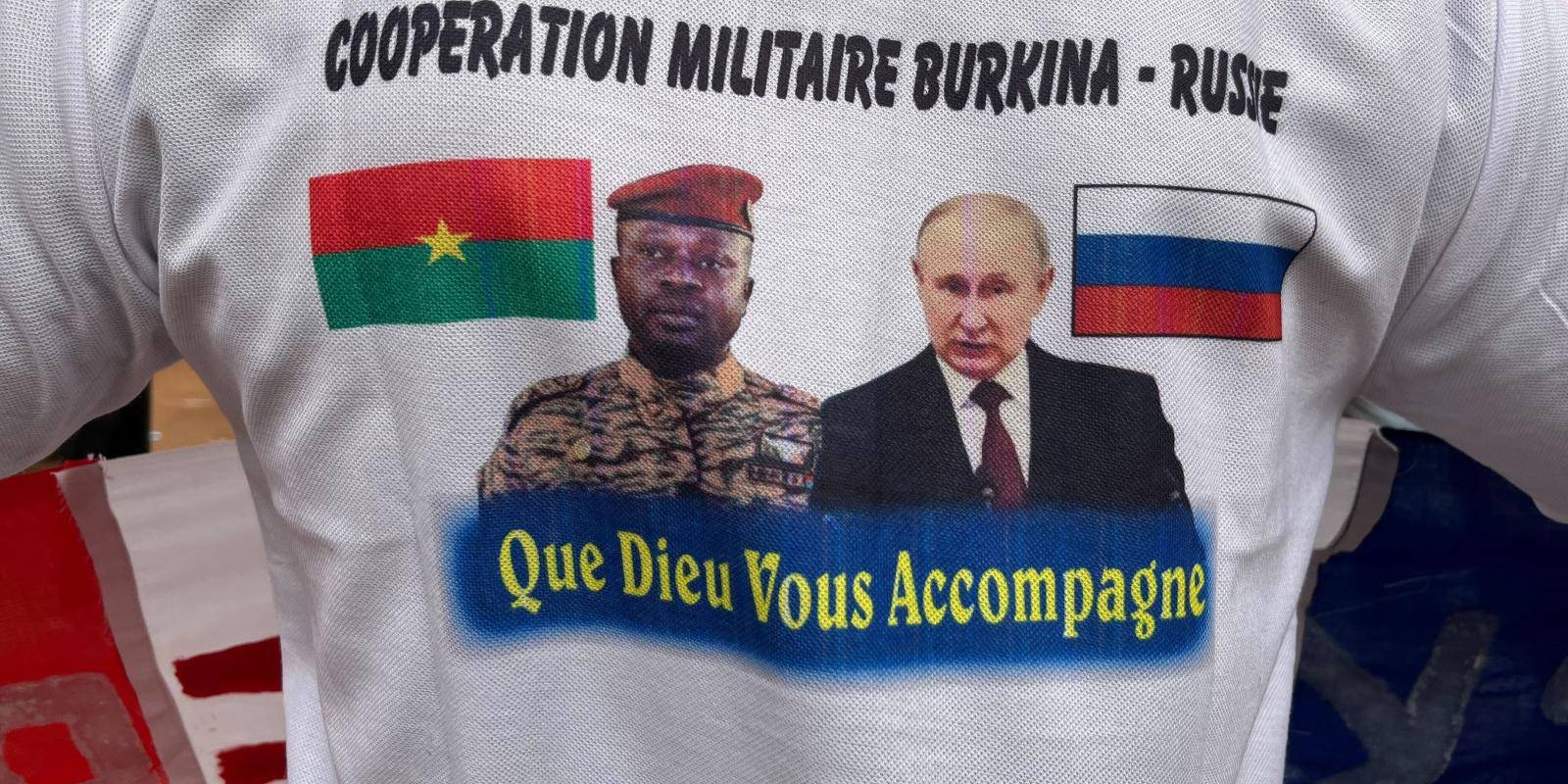Adam Kowalski

Although Russia’s war in Ukraine has yet to deliver any significant military victories, and its economy is wobbling towards the worst recession since the fall of the Soviet Union, Moscow’s fight in the information space is proving tougher to defeat.
Malign information is a key aspect of Russia’s war strategy as it uses the information environment to justify its war, both domestically and abroad, and to coerce audiences into unwittingly supporting its actions.
It uses narratives that play on the broad themes of anti-colonialism and Western imperialism, with recurring lies including the protection of ethnic Russians in Donbas from supposed genocide, ‘de-nazifying’ Ukraine, and blaming the invasion on NATO aggression.
Ahead of its invasion of Ukraine, the Kremlin pre-emptively allocated substantial budget for these practices, with government spending on ‘mass media’ between February and March 2022 increasing by 433 per cent to reach 17.4 billion roubles (around 215 million euros).
Russia’s media control is growing
Parallel to this increase has been the introduction of laws further restricting freedom of speech under the guise of combatting fake news, the eviction of Western media outlets, and the arrest of thousands of protestors across Russian cities – all of which allows the Kremlin to extend its control of the domestic media space and bolster support for its war.
Then, to further reduce the risks to the Kremlin’s control over domestic understanding of the war and economic situation, Moscow also seeks to build pro-Russian – or anti-Western – sentiment among those countries not supporting Kyiv.
Disinformation campaigns in countries such as South Africa, India, Brazil, and Mexico aim to develop support for Moscow’s position and to build empathy against sanctions.
As well as making financial arrangements, the Kremlin also spent time ahead of the invasion to prepare the information space for its narratives on the war. In the final two weeks of January, Russian state-owned media outlets shared 1,600 posts referencing Ukraine.
These accounted for almost 40 per cent of engagements – approximately 173,000 likes, shares, and comments – by Spanish language users on the invasion of Ukraine while, in the Middle East, the post frequency of RT Arabic and Sputnik Arabic increased by 35 and 80 per cent respectively following the invasion.
Three of RT Arabic’s six most popular tweets in this period amplified narratives from the Russian Foreign Ministry about secret biological weapons laboratories in Ukraine, and a coordinated campaign targeting South Africa, Ghana, and Nigeria with pro-Kremlin narratives on the invasion resulted in 23 million tweets posting #IstandwithPutin and #IstandwithRussia hashtags.
In Nigeria, reports claimed journalists’ accounts were hacked to spread false narratives about the invasion of Ukraine, resulting in 766 unauthorized messages posted across Facebook, Twitter, and LinkedIn.
Although the direct impact of such campaigns can be hard to ascertain, they do lend extra weight to narratives explaining why almost half of African nations abstained from the United Nations (UN) resolution condemning Russia.
In South Africa, President Cyril Ramaphosa has highlighted how ‘bystander’ countries to the conflict are suffering from sanctions against Russia. Similarly, after meeting Vladimir Putin in Sochi, Senegal president – and chair of the African Union (AU) – Macky Sall said sanctions were to blame for obstructing grain and fertilizer transports to the African continent, when in reality Moscow is blockading Ukraine’s ports, targeting transport infrastructure, and allegedly stealing grain.
In the Middle East, Saudi Arabia has stood by Russia in the face of sanctions, refusing to raise crude oil output to balance the decrease in production from Russia, keeping prices high and revenues healthy.
Having distanced themselves from directly supporting Moscow, but without expressing support for Ukraine, these countries are now prime targets to fuel support for ‘solutions’ to the war that favour Russia.
Reactive response to new information realities
As the Kremlin tightened its grip over the media space in Russia and increased spending on information dissemination, the international response was fast and unified with many tech companies and social media platforms increasing efforts to highlight and remove malicious information actors.
Fact-checking and debunking organizations ramped up their operations and the UK and Australia explicitly asked social networks to block Russia state-linked services and content providers. The European Union (EU) and the UK banned both Sputnik and RT, and Canada announced increased funding for the G7’s Rapid Response Mechanism, which was created to respond to threats from foreign actors ‘seeking to undermine democratic societies and institutions’.
International responses to Russia’s malign information tactics are based on decades of experience and are now supported by growing funding and a heightened awareness of the nature of the problem. During the war in Ukraine, they have demonstrated how quickly they can react to new information realities – changing narratives, target audiences, or methods of spreading information.
But if these approaches to the growing disinformation threat cannot be extended to the Kremlin’s other targets, including those closer to home, pressure from beyond national borders will grow to make concessions which are advantageous to Russia’s longer term aims.
No comments:
Post a Comment